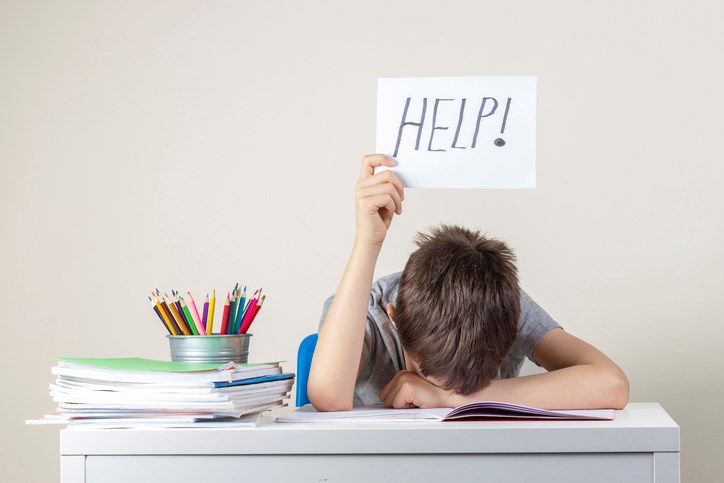Has your son or daughter had trouble learning to read? The child may be dyslexic, the most common but least known learning disability.
Dyslexics look at the world differently. Dyslexics are artistic, persuasive, inquisitive, observant; notice patterns of behavior; identify scams; act up in school; are great in improv-drama; have mixed-dominance, meaning they don’t know if they are right handed and left handed (and footed) but not ambidextrous; great in a conversation; often story tellers and can’t spell.
Dyslexics are labelled ADHD, ADD and other weird terms made up by psychologists. Dyslexics know psychology is not a science.
Learning requires reading. Skills are built on skills, all related to reading. A student who does not read falls behind and is assigned a label like ADHD. Children who can’t read lose their sense of self-worth. Their self-esteem is diminished.
As the child grows older, school becomes a hostile environment. They cope by clowning, entertaining classmates and skipping classes. The school system recommends dyslexics become tradesmen. Those who do are very good trades people. Many dyslexics become famous entertainers. Almost half end up in jail.
To the best of my knowledge, neither Alberta nor Saskatchewan consider dyslexia a learning disability. A school psychologist friend with Edmonton Public Schools said in his 46 years of working with students he never encountered a case of dyslexia. Poor Dave.
People who ‘go into education’ found schooling and learning to read easy. Understanding why children can’t learn to read is a challenge for them. Dyslexics who found school ‘hostile’ don’t usually become teachers.
Dyslexics often see words and letters ‘jumbled.’ Dyslexia is most common in English because the language is weird. Consider Rough, Tough and Dough.
Dyslexia is genetic (Chromosome 6 marker). A relative probably had trouble learning to read.
What to do?
Tough question. Schools do not have the personnel to help. It has to be done at home. First, check the Net for famous dyslexics and share with your child.
Rebuild your child’s self-esteem. Read one on one with the child everyday; tell the teacher your child is dyslexic.
Teach the child keyboarding skills. Typing and seeing the words on a computer screen works. It is learning by ‘doing and seeing.’ The spell-checker was invented for dyslexics.
Relax, the dyslexic is never as good in school but most are charming and successful.
By Richard Dowson, B.Ed., Ed. Dip., M. Ed. (U of A), Dyslexic, Awarded the GG’s CCA
The views and opinions expressed in this article are those of the author, and do not necessarily reflect the position of this publication.




